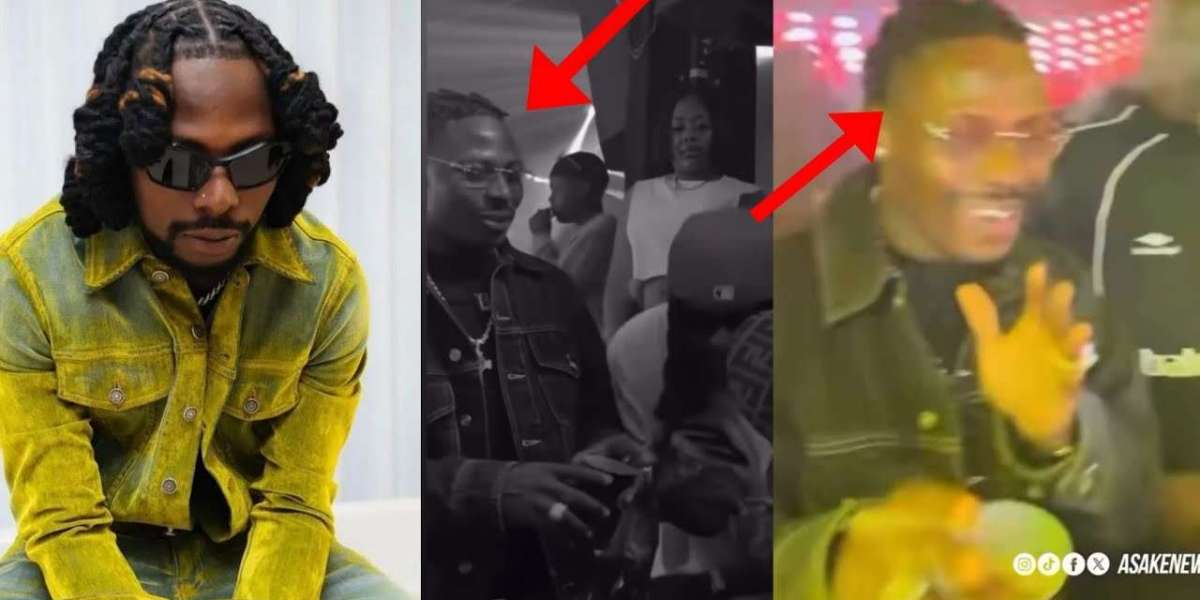Asake’s journey from emerging Nigerian performer to full‑blown Afrobeats force has been marked not only by his chart‑breaking music but also by a careful evolution of image, brand, and creative identity.
Born Ahmed Ololade, he rose into public view after his debut album, Mr. Money with the Vibe, in 2022, which helped establish his signature combination of Yoruba‑inflected vocals, fuji‑and‑afrobeats fusion, and street‑pop energy. In interviews he reflected that music, rather than dance, became his chosen path because it offered more of the financial reward he sought. “The reason I left dance is for my love for money,” he said in 2023. That ambition underpins much of his ‘Mr. Money’ persona, a sense of hustle still embedded in his brand.
But more recently, Asake’s rebranding has moved into a more visible phase. In early 2025 he revealed a new look: shorter hair replacing his earlier dreadlocks, removal of prominent face tattoos, and a cleaner styling direction. One article called this “Asake 2.0, the Low Cut Era,” describing the move as deeper than aesthetics, as a sign of artistic reinvention.
Alongside the aesthetic shift came business changes. He teased departures from his previous affiliation with YBNL Nation (his original label) and created his own imprint, Giran Republic, under which he released the single “Why Love” in February 2025.
These shifts in image, business structure, and creative signalling combine into a deliberate repositioning. Asake appears intent on broadening his horizon beyond Nigerian charts, refining his global appeal while retaining the Yoruba and street‑afrobeats roots that built his initial success. A GQ profile quoted him saying his music is “just me … the thing is I feel like the kind of music I listened to while growing up shapes who I am.”
The rebrand isn’t about abandoning his past but evolving it. Alongside the style and label changes, his sound has matured. Collaborations with international artists, incorporation of amapiano and South African house elements, and ambitious tour announcements (such as the Lungu Boy World Tour) signal his readiness for bigger stages.
For fans and observers, the question is less “who is Asake now?” and more “what will Asake ”become?” and that question is exactly what this rebranding seems designed to provoke.
In sum, Asake’s evolution and rebranding mark a pivotal moment. He is not only refining the visuals and business side of his career but also asserting that the next phase of his artistry will carry more weight, more global ambition, and more control. If his earlier success was built on breakout hits and local acclaim, this new era is about legacy, growth, and reaching beyond familiar terrain.








